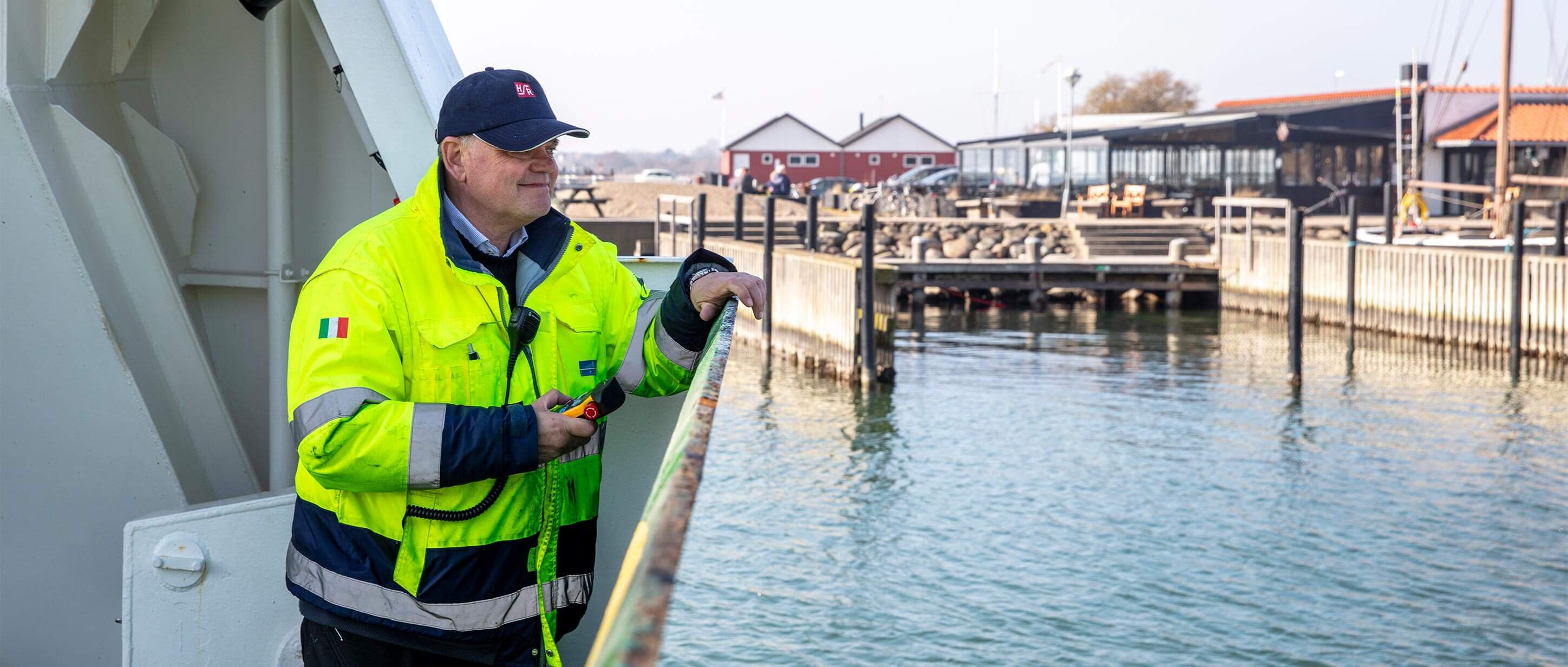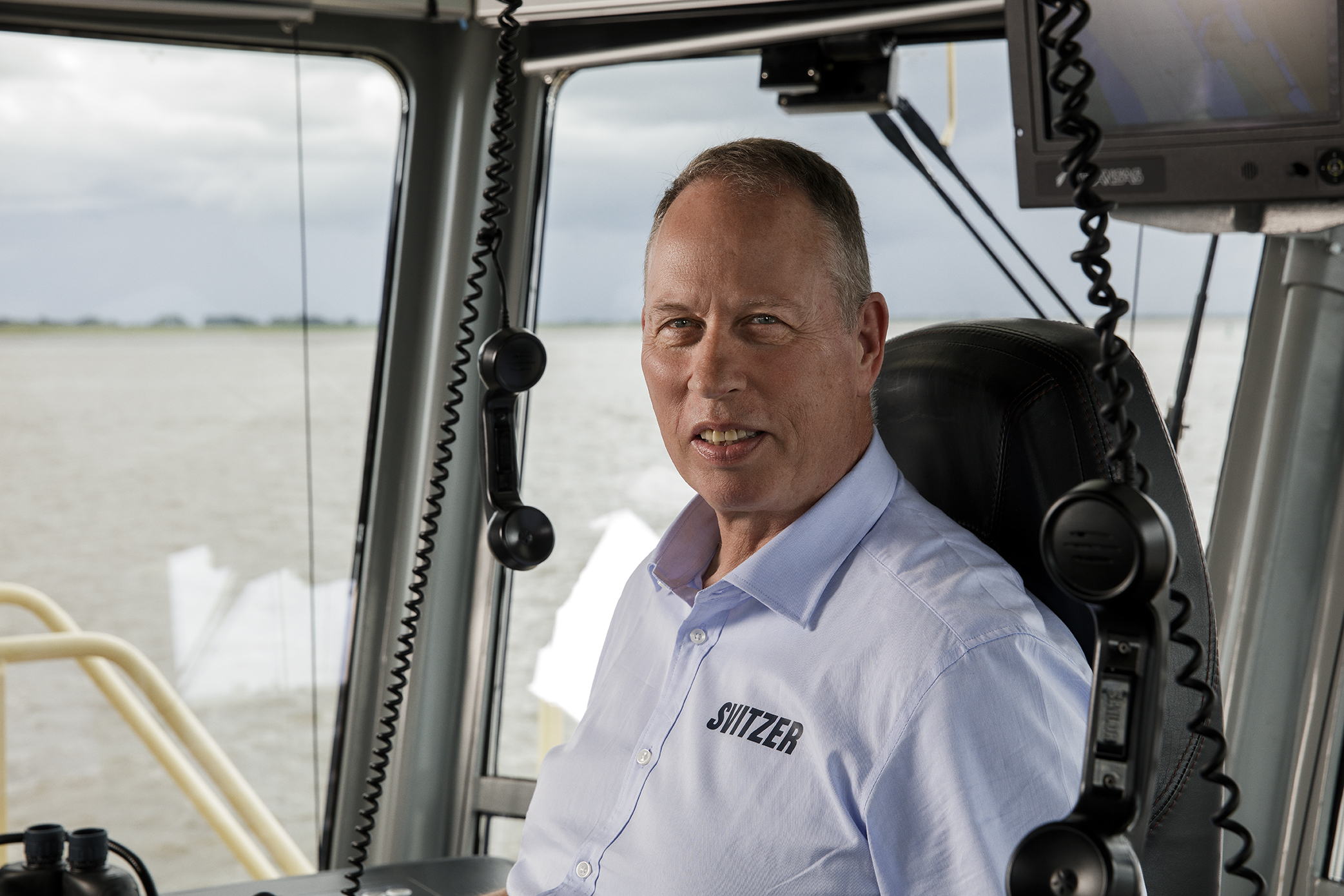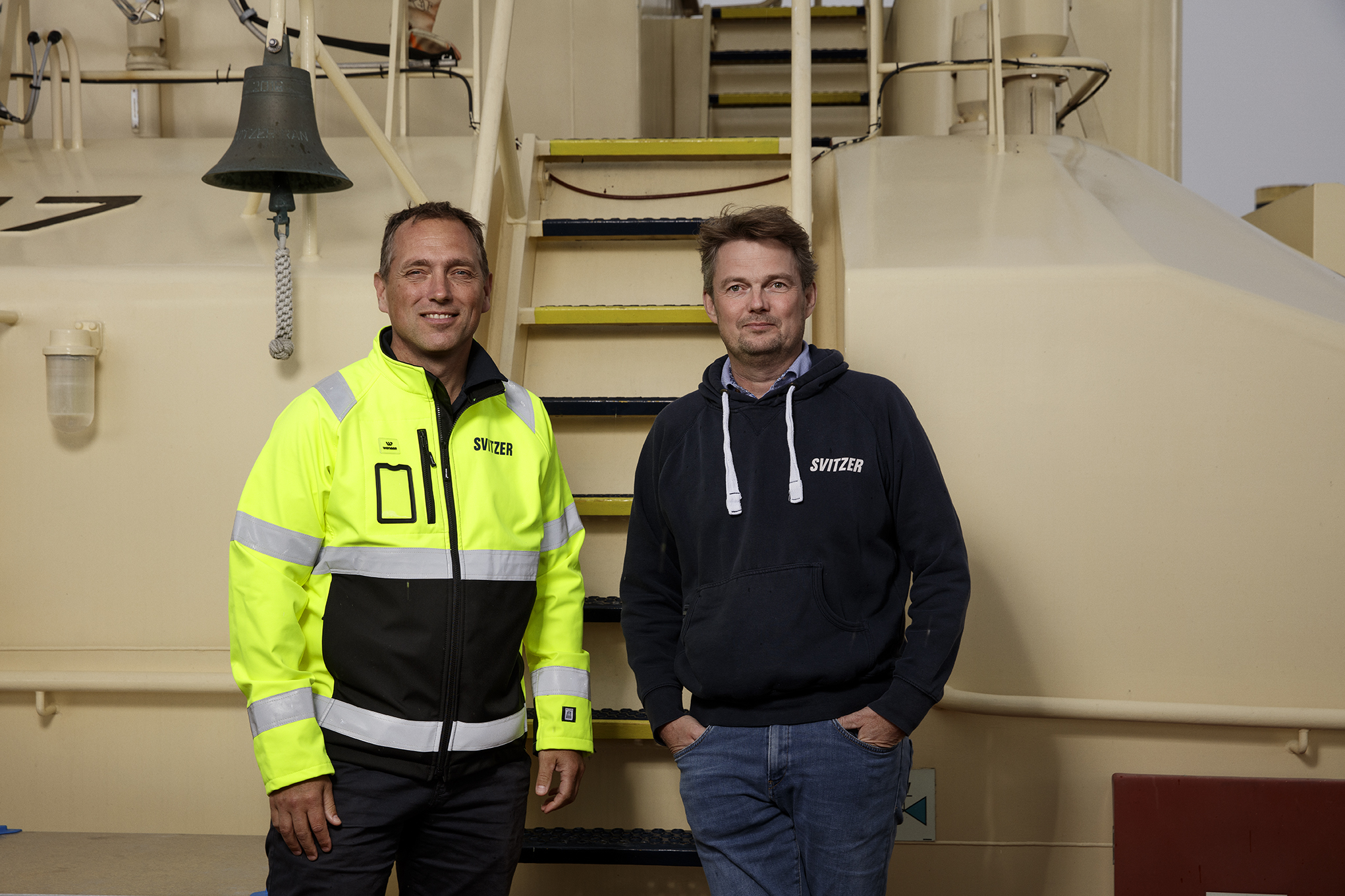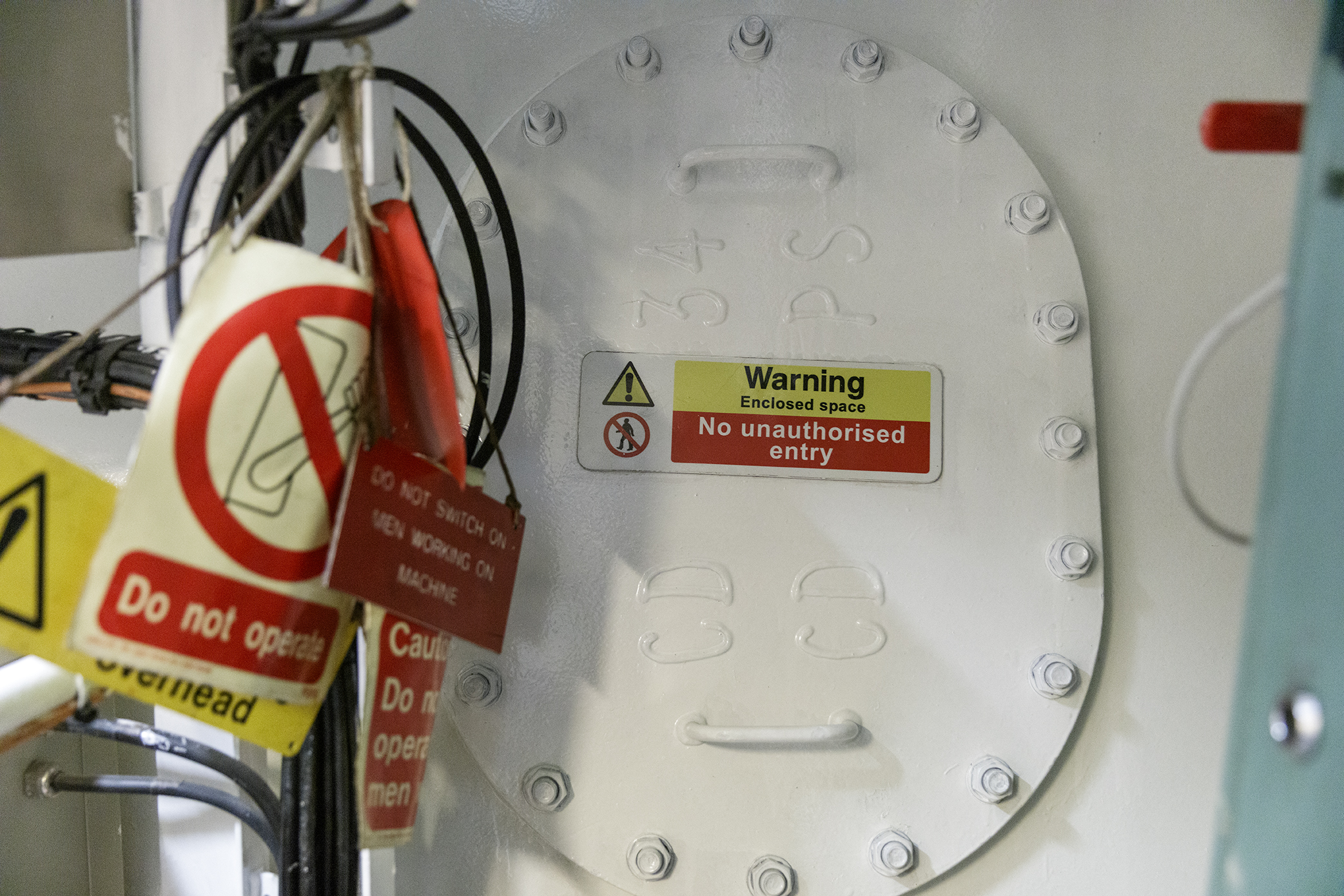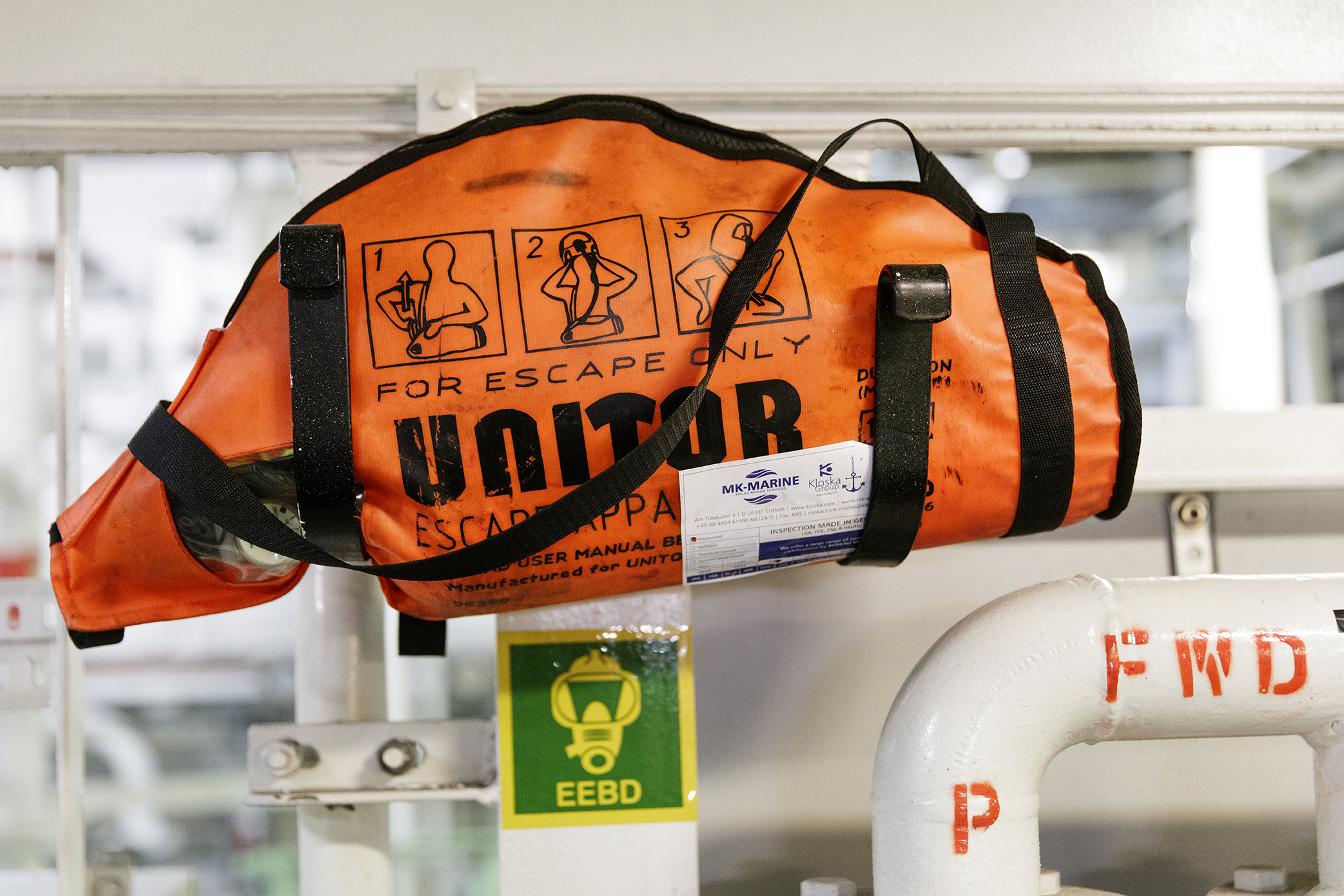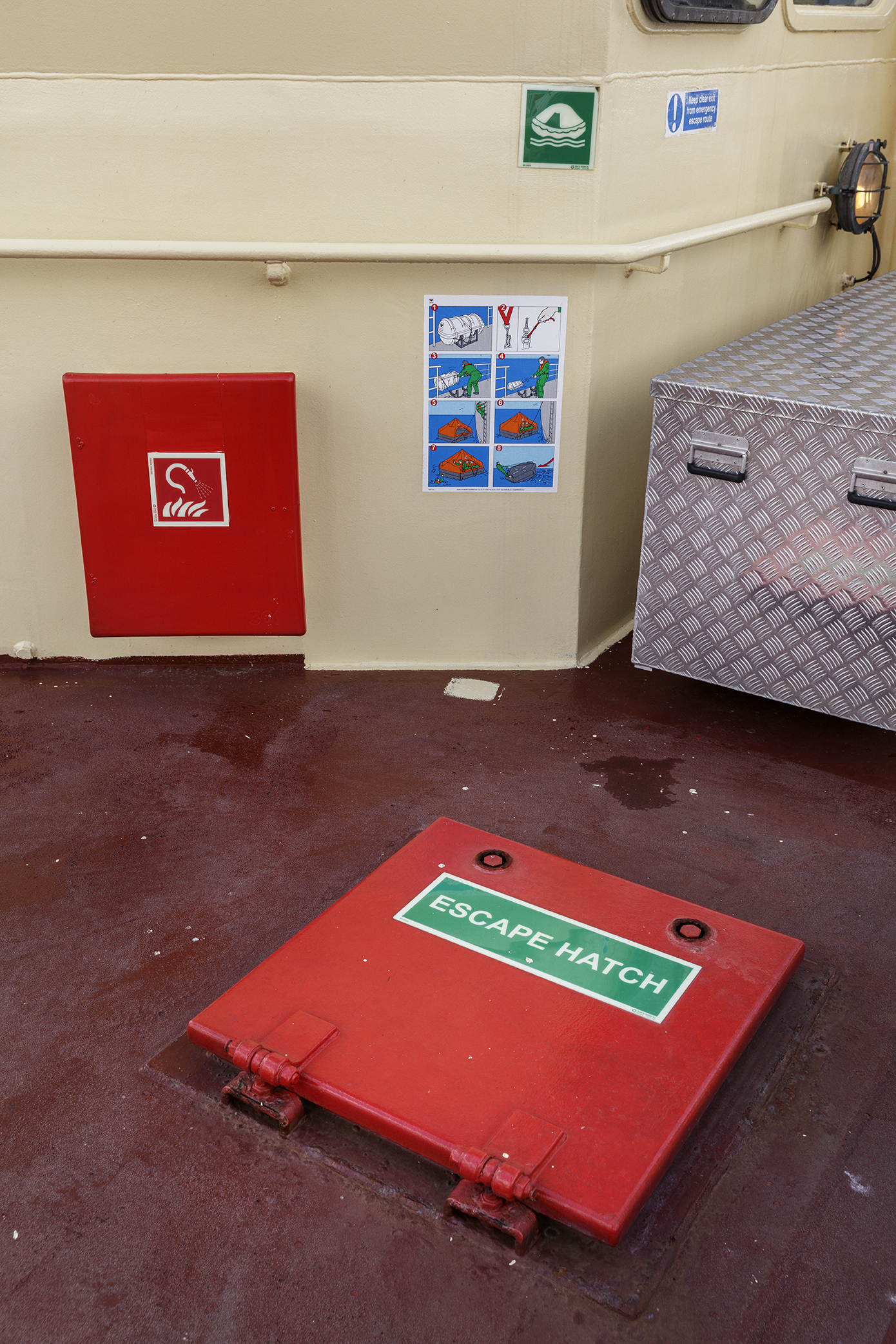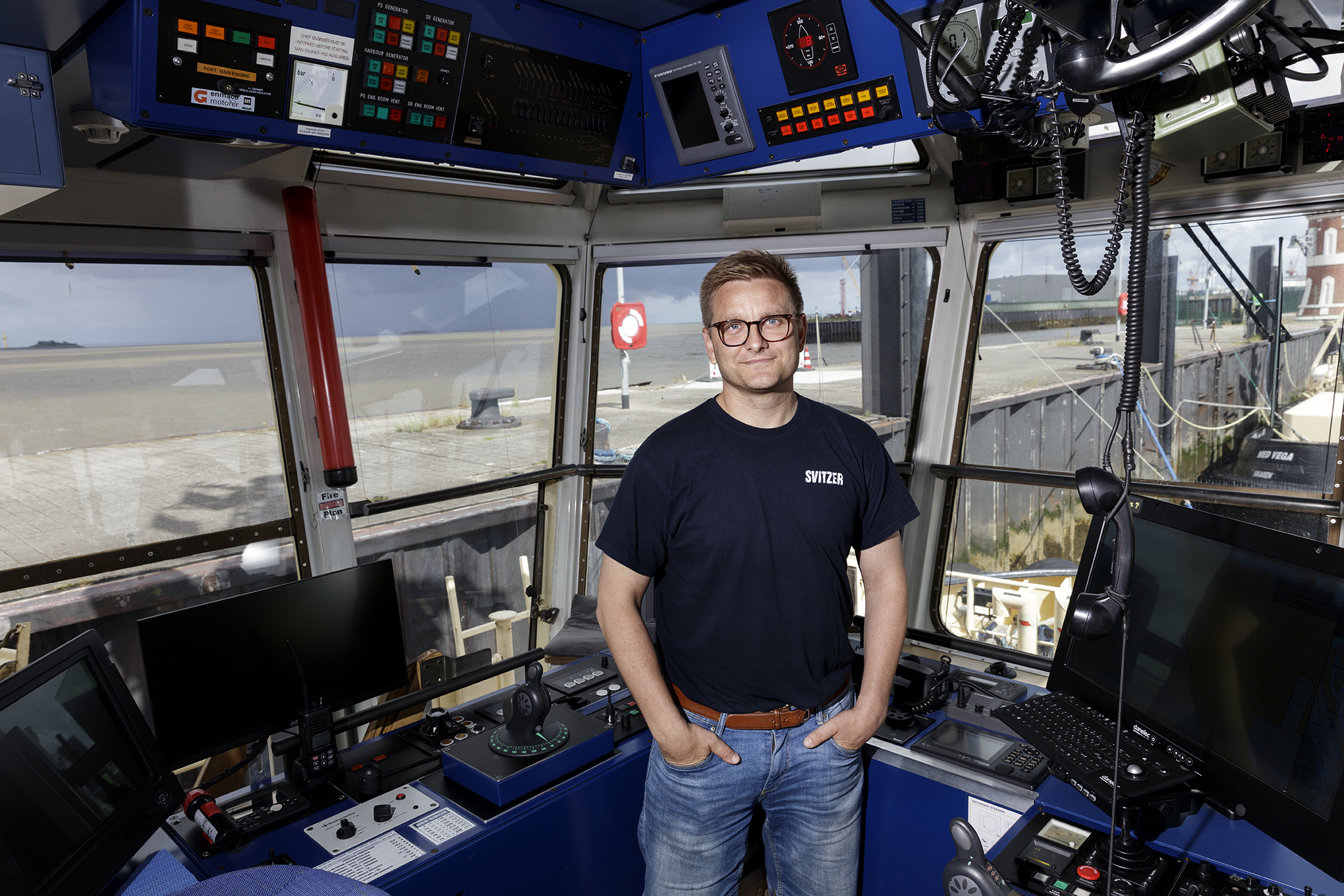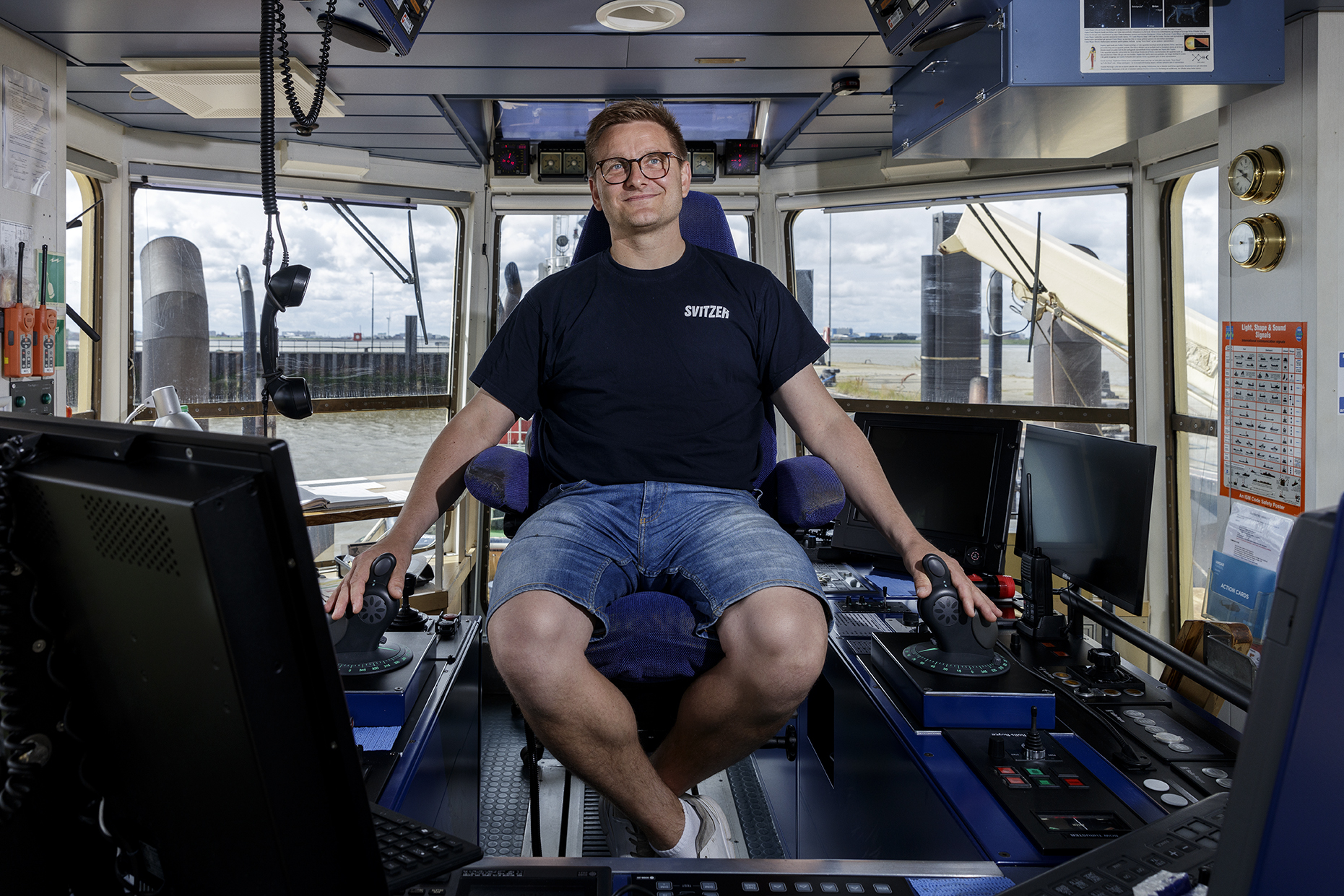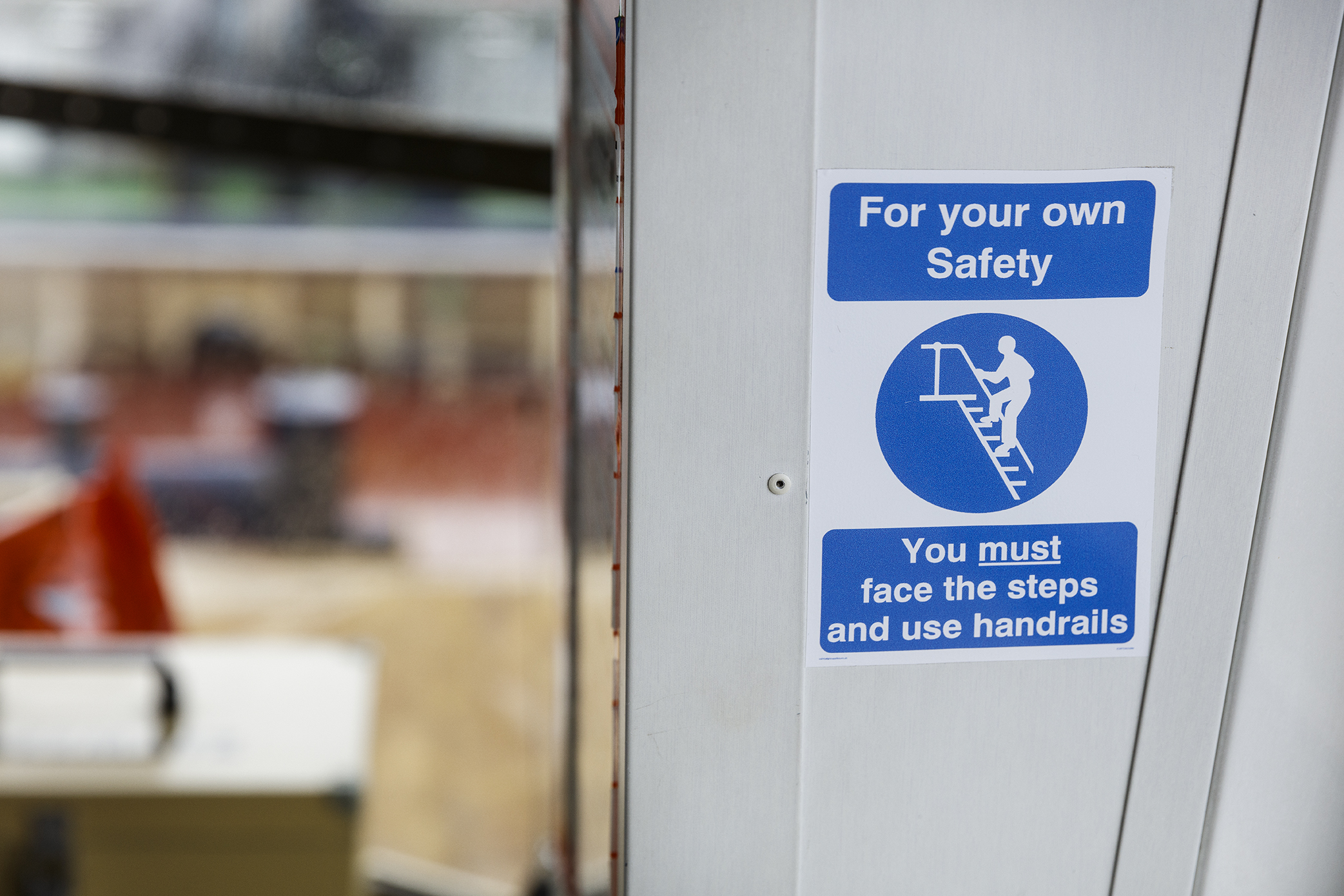Safety is a high priority for shipping company Svitzer, where the work on the powerful tugboats presents several risks. The company uses, among other things, learning teams and management visits on the boats, and the overall strategy was rethought in 2019.
It is certainly not the world's largest ships that make up shipping company Svitzer's fleet of a total of 456 tugboats distributed across 141 ports and 40 terminals worldwide. On the other hand, there is plenty of power to handle – and risky tasks to solve – for the only three-man crew on each boat.
Therefore, safety has historically always been a high priority in the company, which was founded way back in 1833. This is still the case today, where numerous procedures are in place for the various operations, which primarily involve towing container ships into place in the large industrial ports.
"Svitzer leads with care by constantly engaging with, listening to and responding to our people – not least those in the frontline – to ensure we all return home safely from work every day," as the company writes on its website.
To find out how everyday life actually works for the people on said front line, Svitzer has for the past five years utilized so-called Learning Teams, which go out and talk to the crew members about how they solve their tasks on a daily basis.
»What is written in the procedures is quite often something different from what happens in reality. The procedures are 'work as imagined', while 'work as done' is a different thing. The team can then discuss and find some solutions to this that also work when things need to move quickly,« as Stephan Martinussen, Head of HSSEQ & Marine Operations at Svitzer, explains.
The face-to-face dialogue is also important to create awareness in the area, and to show that safety is something the company takes very seriously, he adds.
»We prioritize the resources to travel abroad, talk to people, listen to their considerations and act accordingly. Some things we can do something about, others are more complicated, but the crucial thing is that we are active and take the initiative,« Stephan Martinussen says.
And this is something that makes a difference for seafarers, emphasizes Tonny Hansen, who as captain of the shipping company speaks on the basis of many years of experience from offshore and shipping.
»This approach is much more valuable than just an announcement from HQ, because it is something we can understand out here on the boats, and because we are involved in creating these solutions. After all, we are the ones who need them,« he says.
'We constantly need to improve'
The benefit goes both way, Stephan Martinussen points out. If he comes up with a solution proposed by the crew of a boat instead of something 'invented' in an office, the impact among the other crews is significantly higher.
»Things have to be kept crystal clear and simple so in order for everyone to tag along. If it gets too complicated, you quickly lose people. So, we have also started to rely much more on our communications department in order to deliver the messages better,« he explains.
It is also absolutely crucial to not be complacent at any time, Tonny Hansen points out. Safety is an effort that never stops, neither for seafarers nor for those with overall responsibility at the strategic level.
»In my world, security is an ongoing process; a never-ending story. We have to carry on and on and on, because we can see that it makes a difference. Even down here in Bremerhaven, with many very experienced sailors around, we can have slip-ups. I can still forget my helmet when I go out on deck, and we must never stop reminding each other of that stuff,« he says.
To this end, Svitzer employ training masters travelling between the boats to carry out drills with a focus on, among other things, maneuvering, just as the shipping company has Marine Standards personnel who carry out audits of the individual vessels.
»But we constantly need to improve. We could raise the bar even higher in regard to visiting the boats to see what is actually going on and give feedback afterwards. Because once you’ve done something many times, you continue to do it that way, and that can become dangerous in the long run,« Stephan Martinussen says.
In fact, you get 'a bit of tunnel vision' in the job, says Tonny Hansen, thus not hesitating to call the type of inspection visit Stephan Martinussen talks about a great benefit. Even though it can 'feel a bit like an exam', it is healthy to have another set of eyes looking over your shoulder once in a while.
This is exactly what he himself has been given the opportunity to do after a camera was installed on his own boat in Bremerhaven as a result of the serious accident that took place on the boat in January 2023.
Leadership visits must lead to solutions
Reducing the number of accidents and other safety related incidents is of course a high priority for Svitzer, so for Stephan Martinussen making sure to learn from the incidents that do occur on the boats is highly important.
Therefore, he ascribes great importance to the goal of conducting a follow-up learning team meeting no more than eight weeks after a serious incident.
Eight weeks may sound like a lot, but it is a realistic framework for both getting people together at the location, which may well be far away from the head office in Copenhagen, and preparing the learning team itself, Stephan Martinussen points out.
»This is one of the two most important operational metrics for us. The other is leadership visits, where, for example, someone like me or a port manager comes on board a ship, talks about things and logs it in the system,« he explains.
On a monthly basis, Svitzer conducts around 500 such visits, and the conversation is basically about what can make everyday life easier and safer for the crew. It can be anything from the right spare parts to organizational things to the cooperation with the pilots in the various industrial ports.
»It can also be very complicated things, such as whether the people we have hired have the right skills to carry out the tasks to which they are assigned. On top of that we address recruitment, assessing people's abilities or how we train them, something we are constantly adjusting,« he says.
Technological solutions are always high on the wish list for Stephan Martinussen and his people, so when a difference can be made by implementing the rope handles and camera as described in the case from January last year, it is very close to optimal.
If a challenge in the lines of communication should appear, he argues that you use the facts that are available and not rely on gut feelings or a few verbal statements.
»Data is mandatory, otherwise we won't get people engaged, and then no one will further the initiative. And if that commitment isn’t there, it won’t happen, even if we’ve made a procedure. This places great demands on those of us ashore in particular to explain why we do what we do,« Stephan Martinussen says.
»We prioritize the resources to travel abroad, talk to people, listen to their considerations and act accordingly. Some things we can do something about, others are more complicated, but the crucial thing is that we are active and take the initiative.«
Stephan Martinussen, Head of HSSEQ & Marine Operations, Svitzer
Procedures have been scrutinized
In 2019, Svitzer reviewed the company's entire approach to security. According to Stephan Martinussen, traditional safety had plateaued with little room to move forward, and therefore the area had to be rethought in broader terms.
The shipping company therefore embarked on 'a fundamental cultural change', as Stephan Martinussen calls it, of a wide range of aspects in the area, starting with how management perceived safety.
»It is absolutely crucial for how we handle incidents. Because the answer must never be to fire people. The focus should be on what happened, not who did what. We want to understand the process, not point fingers at anyone, because that's how we move forward and get better,« he says.
Procedures were also scrutinized, because even though they are as useful as guidelines and for introducing new people to the workplace, they cannot and must not replace people's common sense out on the boats.
»Procedures can become so descriptive that people stop thinking. And I'd rather have Tonny think things through than see him studying a procedure,« Stephan Martinussen says.
Specifically, the many considerations have resulted in a strategy document, "Leading Safety Differently", which, among other things, summarizes Svitzer's values in the area of safety in three key principles: "We lead with care", "We learn and adapt" and "Our people are the experts".
»The essence is that if Tonny or someone else here on the boat cuts their finger while cooking, we believe that they can handle it themselves. My focus is on the big cases where things can go really wrong: life-altering injuries and fatalities. And then I want commitment from the management,« Stephan Martinussen explains.
For the same reason, he concentrates much more on looking at the things that are being done (leading indicators) than the things that are not being done (lagging indicators). This applies, for example, to man-overboard and fire drills, because if these drills are carried out frequently and according to plan, the risk of accidents also decreases, he points out.
Must invest in time
In connection with the recent demerger from A.P. Moller – Maersk, Stephan Martinussen and his colleagues have taken initiative to a change of course, where metrics going forward will be measured on a basis of leading indicators instead of lagging indicators.
»It's a massive shift in terms of mindset and so on. On this basis, I also sense that we at Svitzer are probably a step ahead of most others in the tugboat industry,« he says.
In addition to his years in the shipping industry, Tonny Hansen has worked 20 years as a commercial diver. It is a profession where mistakes can easily become fatal. Thus, he has always had a very close relationship with safety and the associated drills, equipment and considerations.
»I'm super happy that our management is lifting this agenda in the way they do. We're in a fairly conservative industry, but in this area, I really feel that I'm in a company that is leading the way, and that's hugely important to me,« he says.
Along those lines, Stephan Martinussen would like to puncture the myth that increased security necessarily requires large investments. The costs of new and better equipment are thus often manageable, he believes, it is more about investing time in the mindset.
A desire to gain time in everyday life is also a large part of the reason why Svitzer rolled out iPads to the boats last year. Tablet in hand, crews can much easier and faster detect, for example, safety issues by taking a few pictures directly in the system and noting them immediately.
»It's so much easier than the laptops we had before. You can do everything on a tablet; All of Svitzer's apps are gathered, so I can document all the little things I come across throughout the day. It may sound like a small step, but it really makes a difference,« Tonny Hansen says.
Minding the routine
On another of Svitzer's tugs in Bremerhaven, Med Sirius, UFDS encounters Captain Frederik Fedder, who after three years in the large industrial port has gotten both the changing work rhythm and the shifting current and weather conditions under his skin.
»With that in mind, we always have safety on our radar. Our work takes us very close to the ships we tow, so we do everything we can to not be caught off guard, but rather stay at the forefront of the task at hand. It takes some flair and situational awareness to be able to predict things,« he says.
The many towing jobs, which can occur around the clock, leads to a high volume of departures and arrivals. To this end, it is a big plus for safety that Svitzer has established systems for mooring allowing for the process to be handled without the need for crew members to go ashore.
»We have some weighting devices that allow us to drop the hawsers and retrieve them from the boat, and that is really a win. When operations call, we have an hour to get the site, and it's 3.5 nautical miles, so it can take some time if there's a countercurrent,« Frederik Fedder explains.
For better or worse, tug work is very much routine, but at the same time, safety is on the backbone, he emphasizes. Therefore, the crew also prioritizes to stop once in a while and take stock of whether things are being done the right way.
»When you perform the same task over and over again, it does become routine, and then the risk of losing focus increases. And that can be enough for something to go wrong. If we have 70 jobs in a month, that's 140 trips in and out of port. You need to stay focused all the way through,« Frederik Fedder says.
Thus, getting new people on board from time to time can be healthy, including not least leadership visits, creating an opportunity to reflect on the processes. Checklists and procedures are important, but first and foremost you need to be awake in everyday life.
»We have a high standard of safety, but it is also necessary with the forces that are at play here. The consequences can be severe if something happens. We have great respect for that, and also for the weather. The container cranes cease working at around 20 meters per second, so that’s a cut off for us as well,« Frederik Fedder says.
»In my world, security is an ongoing process, a never-ending story. We have to carry on and on and on, because we can see that it makes a difference.«
Tonny Hansen, Captain, Svitzer



